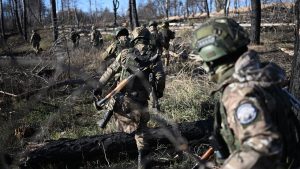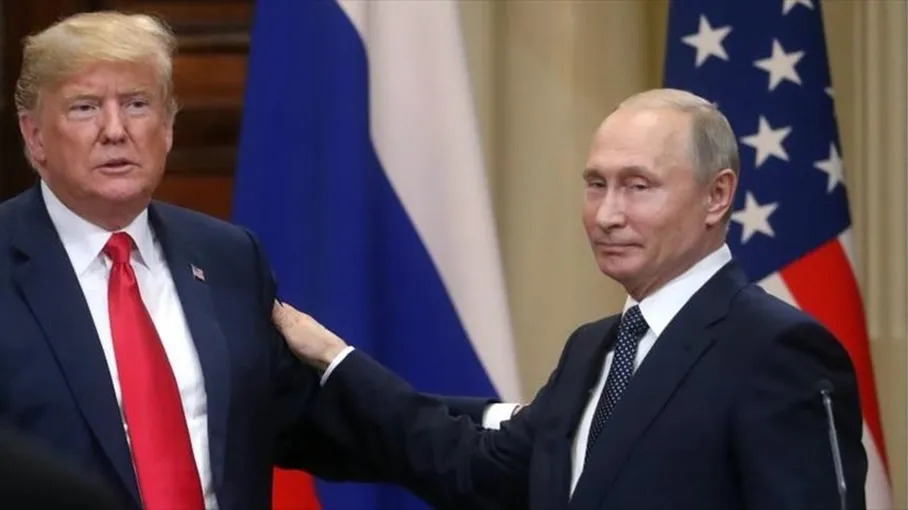If Ukraine manages to maintain its independence and democracy, making some painful territorial concessions might be acceptable. Concerns are growing that Putin seeks to impose a fait accompli on Ukraine, hoping Washington will cut support to Kyiv if any agreement is rejected. This scenario is very worrying for Ukrainians. Europeans believe the best possible outcome is to reach a ceasefire agreement, with the threat of additional sanctions on Russia if Putin resumes aggression, showing a desire for sustainable peace. However, the military situation on the ground shows Ukraine suffers from a manpower shortage, increasing the likelihood of talks collapsing and the war continuing, which would benefit Russia. The author notes Ukraine’s stance of not conceding any land is principled but may be unrealistic under current conditions. Legal recognition of Russia’s annexation of Ukrainian territories is rejected, but factual recognition of occupation may be necessary.
Finland’s experience dealing with Russia is considered a model Ukraine could benefit from, as Finland maintained its independence and democracy despite territorial concessions. Ensuring Ukraine’s future through thinking about independence, sovereignty, and territory is vital. Ukraine must maintain its independence even if it requires painful concessions. Russian demands to impose restrictions on Kyiv’s freedom to chart its own path, including limitations on the Ukrainian army, show Ukraine needs a strong stance to preserve its defensive capabilities. Ultimately, Ukrainians and Europeans realize dealing with Trump requires a long-term strategy; although not ideal, it is considered the best option under current circumstances.













Recommended for you
Exhibition City Completes About 80% of Preparations for the Damascus International Fair Launch
Talib Al-Rifai Chronicles Kuwaiti Art Heritage in "Doukhi.. Tasaseem Al-Saba"
Unified Admission Applications Start Tuesday with 640 Students to be Accepted in Medicine
Egypt Post: We Have Over 10 Million Customers in Savings Accounts and Offer Daily, Monthly, and Annual Returns
His Highness Sheikh Isa bin Salman bin Hamad Al Khalifa Receives the United States Ambassador to the Kingdom of Bahrain
Al-Jaghbeer: The Industrial Sector Leads Economic Growth